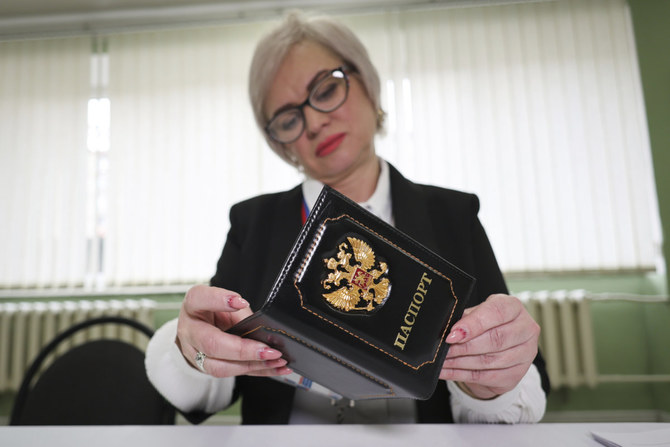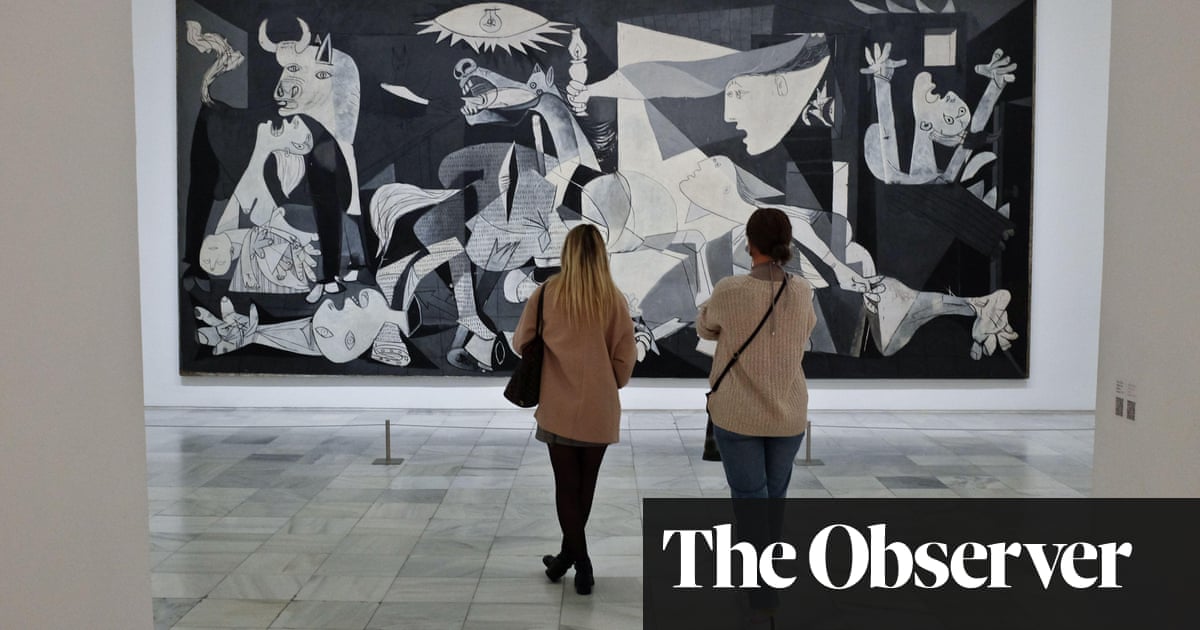
PARIS (Reuters) - France will put Paris and eight other big cities under nightly curfews for at least a month to slow the spread of the coronavirus, French President Emmanuel Macron said on Wednesday.
Macron said control of the virus had not been lost but that tougher measures were needed.
Peacetime curfews have rarely been imposed in France. Here are some examples:
* 1961 - The Paris police chief imposed a curfew on “French Muslims” living in the capital in 1961, during Algeria’s war for independence.
On Oct. 17, 1961, some 30,000 pro-National Liberation Front Algerians protested against the curfew in Paris. A still-unknown number were killed by the police.
Some historians say the massacre was the deadliest use of force by French authorities on home soil since police helped to round up thousands of Jews during the 1940-45 Nazi occupation.
* 1985 - France ordered a curfew in New Caledonia, an overseas territory in the Pacific Ocean, amid violence between pro-independence indigenous Kanaks and descendants of colonial settlers who remained loyal to Paris.
The curfew was imposed on Jan. 12 after at least 22 people where killed during unrest. It lasted 16 weeks.
* 2005 - France enforced curfews in more than 30 towns and cities across the country after two weeks of night-time rioting.
The violence was triggered by the deaths of two youths who were electrocuted in a power sub-station as they ran away from police in a run-down Paris suburb. The protests quickly spread from the Paris banlieues to other deprived urban areas.
* 2018 - Local authorities imposed an overnight curfew across swathes of the Indian Ocean island of Reunion in response to violent anti-government “Yellow Vest” protests.
The curfew lasted five days.
* 2020 - The coronavirus curfews will affect some 20 million people, roughly one third of France’s population. The nightly curfew will begin at 9 p.m. and end at 6 a.m the following morning.
The government has the power to impose a curfew for four weeks. Macron said it would go to parliament for a further two-week extension, meaning it would end on Dec. 1.










